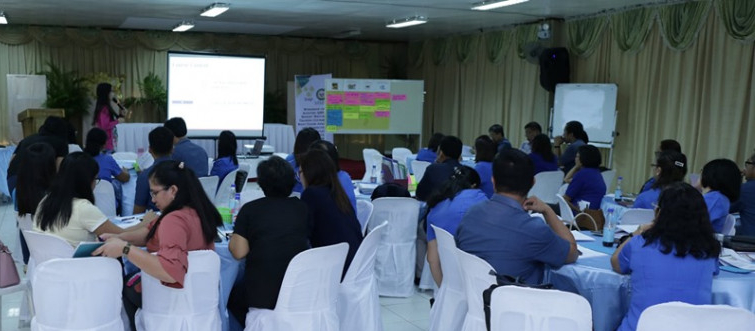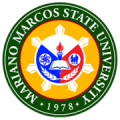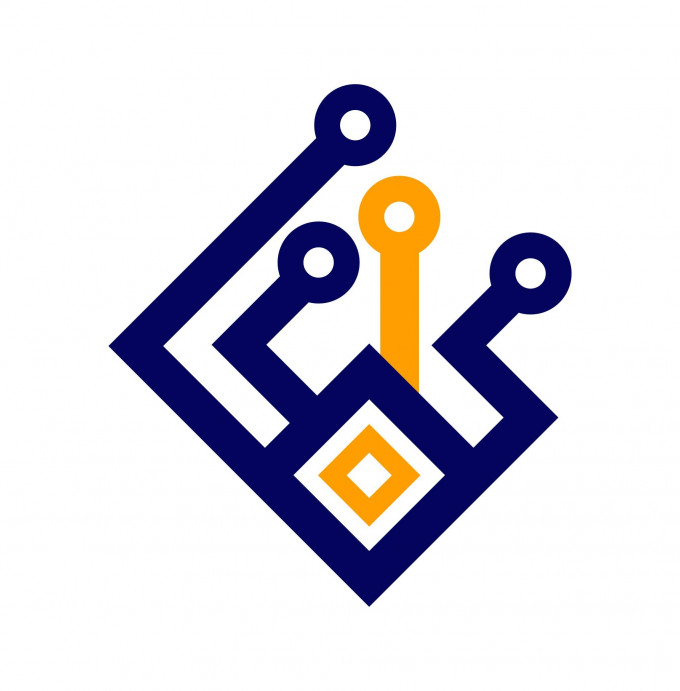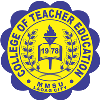
MMSU mgt, staff learn root cause analysis
The MMSU top management and the quality management system (QMS) core team members were trained by the experts from the Development Academy of the Philippines (DAP) on how to analyze the root cause of existing nonconformities from the quality management system (QMS) standards and formulate solutions to prevent them.
Held on October 14-15 at the University Function Hall, the training course included discussions on the continual improvement framework and corrective action development process. The DAP trainers were Ms. Leanne Kym Jane J. Lozañes, project manager; Engr. Delfin R. Jacob, resource person; and Ms. Arianne P. Flores, project staff.
In an opening program, MMSU President Shirley C. Agrupis claimed that the two-day training "will prepare us all at MMSU to be more proactive in dealing with organizational problems and in ensuring that we always satisfy customer needs and expectations".
She also urged the participants to help each other in formulating doable and standard-based corrective actions "so that we will always be consistent in delivering our services to the stakeholders."
Likewise, the DAP project team taught the participants on how to prepare audit reports and requests for action forms on October 16-17, and a technical guidance session on management review on October 18. Recommendations on the corrective actions were also provided to address the findings of the internal audit process held at the university in the first week of October.
Forty internal auditors of MMSU, led by Dr. Frederick F. Rodrigo, director of the university's quality assurance office, audited the university operations through intensive verification of records and documents, observation of processes, and interview sessions with concerned process owners. These auditors were also trained by the DAP experts in September.
Processes that were audited include policy development; planning; program and institutional accreditation; internal audit; performance review; instruction; research; extension; financial management; resource generation; student services; strategic communication; administrative services; legal services; human resource management; safety and security; disaster risk reduction; linkages; information technology services; physical plant and general services; health and wellness; procurement; library system; admission, registration and conferment of degrees; records management; supply and property management; expanded tertiary education equivalency and accreditation program; and sports and cultural services.
The activities are among the other trainings that MMSU top management and QMS core team members need to participate in as part of the university's preparation for the International Organization for Standardization (ISO) 9001:2015 certification.
Gallery

Dear Valued Client,
We will be introducing our newly upgraded website on October 31, 2024 – offering faster access, improved navigation, and enriched content for students, faculty, partners, and stakeholders. Experience how we cultivate minds and transform futures at MMSU.

 CAFSD
CAFSD CASAT
CASAT CAS
CAS CBEA
CBEA CCIS
CCIS COE
COE CHS
CHS CIT
CIT CTE
CTE COM
COM CVM
CVM Graduate School
Graduate School




